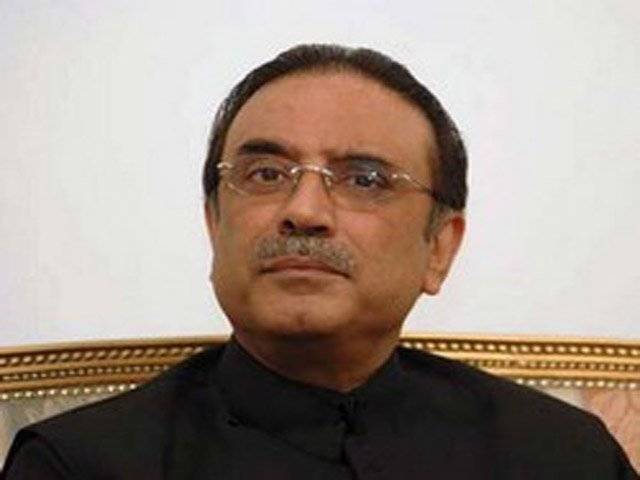LONDON - President Asif Ali Zardari on Thursday insisted that Pakistan and Afghanistan were distinctly different countries and could not be lumped together for any reason. The US policy of linking Pakistan and Afghanistan in an effort to end a Taliban insurgency and bring stability to the region is not acceptable. President Zardari said this in an interview with the Financial Times on the anniversary of his first year in office. Zardaris comments reflect Pakistans unwillingness to be aligned in a joint policy framework with neighbouring Afghanistan, an approach referred to as AfPak. The President and his senior officials draw a distinction between a Pakistan with functioning institutions, diversified economy and a powerful national army, and Afghanistan, a state shattered by decades of conflict and ethnic divisions. Zardari said that the US special representative to Afghanistan and Pakistan Richard Holbrooke had brought a unique focus on relations with Pakistan and acknowledged the emphasis President Obama had put on Pakistans economic and energy needs. He said that Holbrookes two-country mandate was also a recognition of Pakistans historic role in supporting the Taliban regime ousted from Kabul in 2001, and Islamabads former doctrine of strategic depth into Afghanistan in case of a conflict with arch-rival India. US President Barack Obama earlier this year appointed senior diplomat Richard Holbrooke as his special representative to Pakistan and Afghanistan in a move intended to address these two states as a single arena of conflict. While explaining the current situation in Pakistan, President Zardari said: Pakistan does not have the luxury of time. Given the severity of internal security challenge the country is facing, it is critical that the economy is provided a strong stimulus as quickly as possible so that the maximum number of jobs are created in the shortest time. "If [international aid flows] are delayed beyond the next few months, the country will be forced to cut development spending as well as the provision of critical social services. You can then imagine how big a setback that could be for the global war on terror."
Friday, April 19, 2024
Zardari's NO to AfPak strategy

Opposition objects to oath-taking of MNAs amid lawlessness
5:15 PM | April 19, 2024
Electioneering to end on Friday night ahead of by-polls in 21 constituencies
5:14 PM | April 19, 2024
Fawad Chaudhry granted bail in 14 cases related to May 9 violence
5:13 PM | April 19, 2024
British Army chief lauds Pakistan Army's professionalism, expertise
5:12 PM | April 19, 2024
Israeli aircraft fire missiles at Air Force assets in Iran: Report
3:52 PM | April 19, 2024
A Tense Neighbourhood
April 19, 2024
Dubai Underwater
April 19, 2024
X Debate Continues
April 19, 2024
Hepatitis Challenge
April 18, 2024
IMF Predictions
April 18, 2024
Kite tragedy
April 19, 2024
Discipline dilemma
April 19, 2024
Urgent plea
April 19, 2024
Justice denied
April 18, 2024
AI dilemmas unveiled
April 18, 2024
ePaper - Nawaiwaqt
Advertisement
Nawaiwaqt Group | Copyright © 2024





